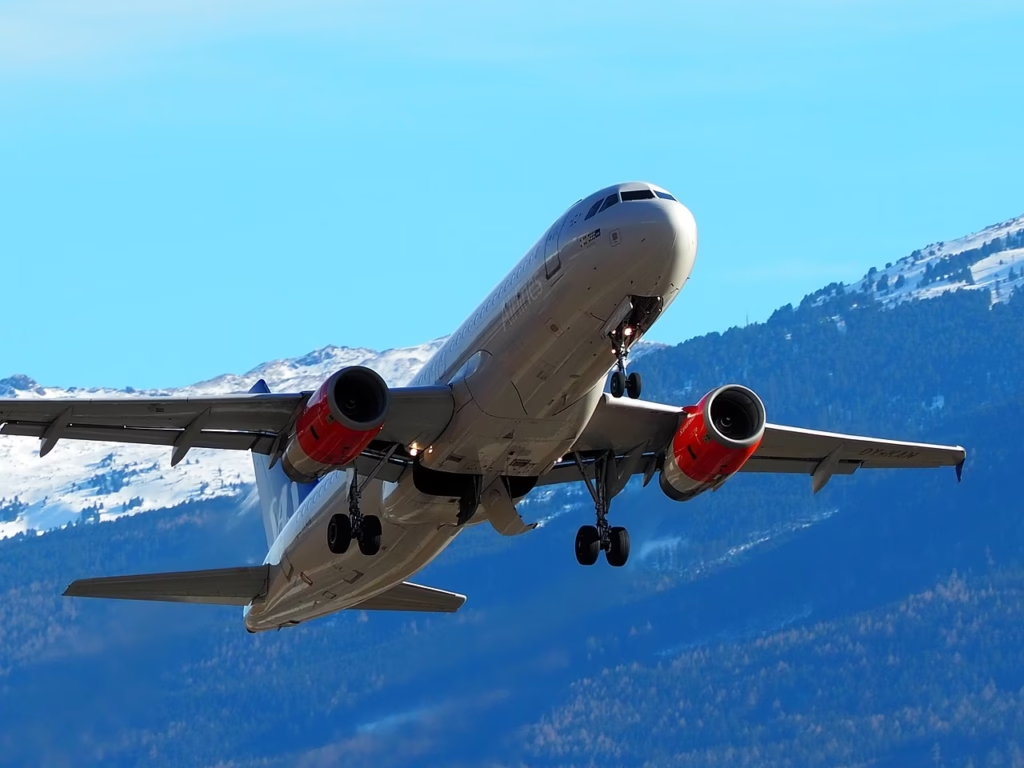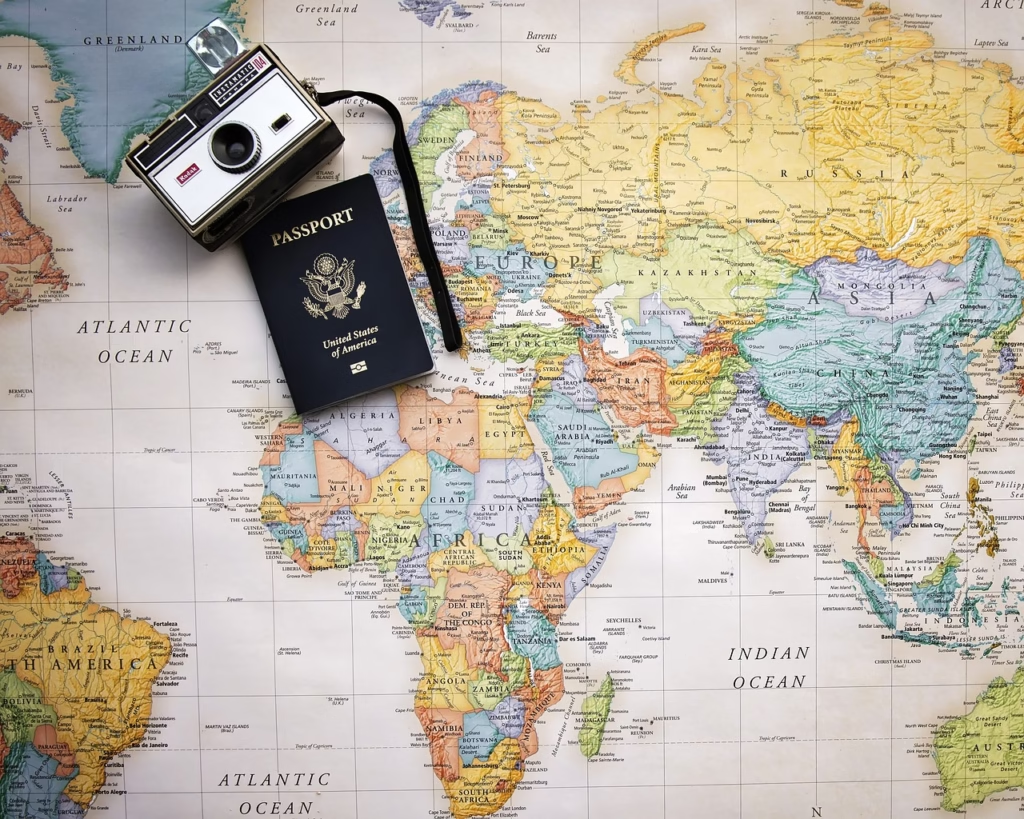Airlines are making cuts flight availability Dramatically and unexpectedly. Fewer flights on time are not a good sign for future bookings.
The Transportation Security Administration (TSA) recently announced that they are now recording the most frequent flyers at US airports. More Americans are flying than ever before. A surge in holiday travel means more cancellations and less scheduled flights as more travelers want to travel by air. What do fliers want – on-time flights or cancellations?
This means they are planning for less flight availability for the Thanksgiving, Christmas and New Year holidays. This doesn’t mean that fewer people will travel during the holidays, only that there will be fewer seats available. This could lead to increased fares, increased flight schedules and overcrowded planes.
This is the clear plan of the major airlines. The number of air travelers in the passenger aviation industry is low. Now, the question is whether or not this is worse or an improvement compared to last summer’s airport and airline scandal.
We need an airline system where passengers can expect flights on time, not an airline system that promises more than it can deliver.
If I had a choice, I would choose flights that fly to and from the destinations selected by me at the time of booking. When schedules are maintained, passengers are in control and airlines are in power. Passengers reach their chosen cities more or less on time. And airlines have enough planes at the right airports to take passengers to their promised destinations. Plus, every airline executive I know thinks that having a working schedule keeps flight crews in the right place at the right time. Both passengers and airlines are very happy with flight plans free of delays and cancellations.
Flights are delayed and cancelled, causing chaos for airport personnel, airline flight crews and passengers. Everyone is sad. Pilots and flight attendants are now stationed at odd airports, and work hours have changed. Airport employees who work under the aircraft wing, such as refueling specialists, airplane lav cleaners and baggage handlers, are motivated to do their jobs more quickly. And travelers are struggling to know what they can expect from airlines. Do they get food vouchers? How much are meal vouchers worth? Which nearby hotels have rooms? If they don’t have a room, a $100 airline share makes an overnight stay a bargain.
The spate of airline cancellations and delays this summer led to DOT’s dashboard, which presents in a very simple way what airlines say they will do for distressed passengers.
Until now, newspapers, websites and TV stations have routinely misinformed the public about the airlines’ response to this summer of unrest. DOT’s action has been portrayed as holding the aviation industry’s feet to the regulatory fire. However, the battle about what made it into contracts of carriage and the now famous customer service schemes was fought years earlier. Passengers lost.
The media has assumed that whatever the airlines say in their customer service plans will happen. Unfortunately, that is not the case. The DOT has required customer service plans for nearly a decade. In the early 2010s, when there was a battle over whether to make customer service plan announcements part of the transportation contract, the airlines won. Travelers United worked to make these consumer protections part of the legal contract between airlines and passengers. But, DOT decided that it would put too much responsibility on the airlines.
Airlines wrote their customer service plans more than a decade ago.
They are a list of best effort actions that the airlines promised their passengers. The only difference between the schemes before the DoT dashboard and the schemes after its publication is the slight change in food and housing benefits. Agreed that these changes are necessary. However, they only apply to cancellations and delays caused by airlines. They do not specify the amount of money for food. Also, there is no promise of housing. If hotel rooms are not available, most airlines offer scrip instead.
Here is the much-publicized dashboard of DOT
Passengers feel that DOT and airlines are playing a good role in public relations.
DoT publicized the promises made in customer service plans on a “dashboard”. And airlines made minor changes eliminating several X’s and replacing them with checkmarks. These customer service plans have been a part of airline websites for nearly a decade.
DOT dashboard showcased the untapped power of the department.
That magical DOT power is the power to say that DOT is responsible for passengers and airlines. This dashboard will not be displayed on public service advertisements and airport-controlled video systems at airports. Like other consumer protections, it will be placed on the websites of DOT and airlines. Passengers’ safety is hidden when denied boarding and baggage is lost/damaged/delayed. They are only available to passengers who know them or are willing to go online and search on airline websites for details.
Travelers United has campaigned for posters and videos designed to highlight some of these consumer protections. Like the EU they should be deployed voluntarily at airports. Knowing the rules makes it much easier for travelers to receive fair compensation. Looking at the power of DOT’s dashboard can provide insight into the power Congress, DOT, and FAA have to inform travelers of their rights. it is about time.
Also read:
Know the real benefits and potential problems of early booking
Are airlines becoming more strict about carry-on rules?
Charlie Leocha is president of Travelers United. He has been in Washington, DC for the past 14 years working with Congress, the Department of Transportation and industry stakeholders on travel issues. He was the first consumer representative on the Aviation Consumer Protection Advisory Committee appointed by the Secretary of Transportation from 2012 to 2018.



